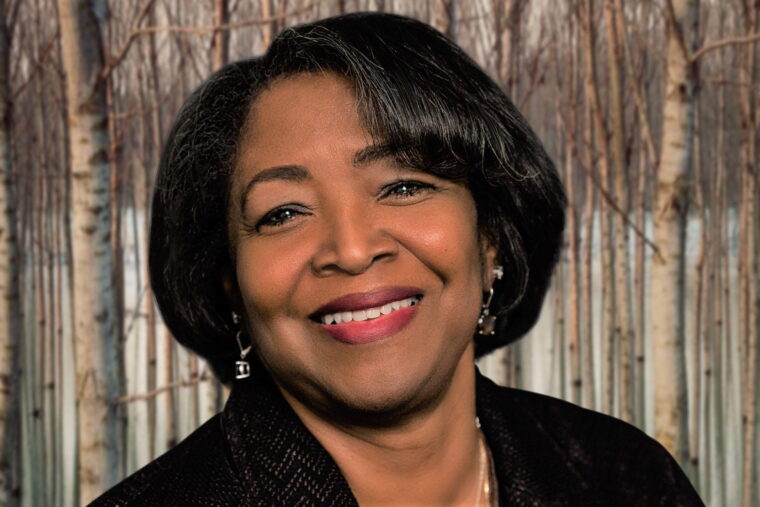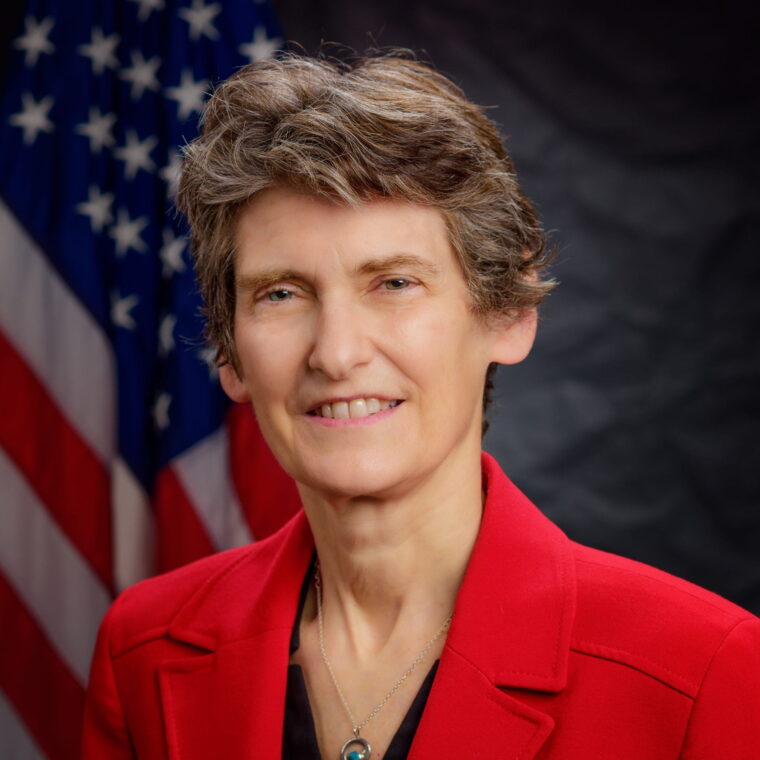News
University hosts Midwest Climate Summit


Photos courtesy of the University of McCabe and Washington
Washington University is hosting the annual Midwest Climate Summit (MCS) with keynote speeches from various environmental and public health experts who spoke about environmental issues and inequities in the Midwest, Feb. 21-23.
The MCS is a gathering for climate experts, professionals, students, and other environmental activists and leaders to connect with each other and collaborate on research goals.
Organizations including the American Conservation Coalition and student groups from Midwestern universities, such as Indiana University Bloomington, University of Michigan, and Purdue University, are attending the event.
The first keynote speaker on Feb. 21 was Dr. Sylvia Hood Washington, an environmental engineer and author from Chicago. She called attention to the effects of climate change on public health, particularly on communities of color in the Midwest. She began her speech with a story of personal tragedy.
“Climate change for me really can be symbolic,” Washington said. “It is symbolized by my mother’s death in 1988 from a heart attack from a heat wave. In that summer, we had wildfires and we had drought. But there were human costs to that. One of those costs was my mother.”
She said that tragedies like her mother’s are not an anomaly, especially in communities of color that face extreme weather events. Washington presented epidemiological data that connects poor economic, social, and demographic conditions to increased injury, disease, and mortality rates.
She said that she believes communities of color in highly segregated cities are disproportionately vulnerable to extreme weather events.
“We have trapped individuals into environments which are less resilient and will be less resilient to climate change,” Washington said.
She believes the effects of climate change on vulnerable populations will go beyond environmental effects and harm people’s physical health.
“Public health is certainly connected to the environment,” Washington said. “We know that a changing planet also impacts the health and well-being of populations, and particularly in the largest disparities of those made vulnerable by poverty, by racism.”
The second keynote speaker, Deputy Administrator for the U.S. Environmental Protection Agency, Janet McCabe, said she believes that the public perception of the Midwest as a place safe from climate disasters needs to change.
“I think we need to rethink this image of the Midwest as a safe and comfy place to be, away from hurricanes and wildfires and such,” McCabe said. “But not so much, not so much anymore.”
She said that even though the Midwest does not face the same types of extreme weather that other regions face, like hurricanes or wildfires, the Midwest is threatened by climate change.
“We’re not seeing the horrific scenes of sea level rise and beach erosion,” McCabe said. “We don’t have the raging wildfires that our neighbors in California do. [However,] the reality is that there is no small town, big city, suburban area, you name it in the Midwest that is not affected by the climate crisis.”
McCabe echoed Washington’s point that these climate events will have disastrous public health consequences, particularly in communities of color.
“[Climate change] is a public health situation first and foremost,” McCabe said. “It does not treat people fairly depending on where they live, where they are, and the vulnerabilities that they may have as a result of decades and centuries of systematic racism and classism that has led to inequitable situations around the country.”
Washington and McCabe agreed that the climate movement needs more comprehensive research and focus on equity to prevent further environmental and health damage to underprivileged communities.
“So we have to have improved health services for everyone, but I’m arguing we’re going to have to have improved health services for those who are at least protected,” said McCabe. “Everyone, every life, should matter. You shouldn’t be privileged and therefore more resilient. Everyone should have a resilient community.”
The Climate Summit continues on Feb. 22-23 with speaker events and workshops on topics such as urban farming, green transportation, and environmental racism.
